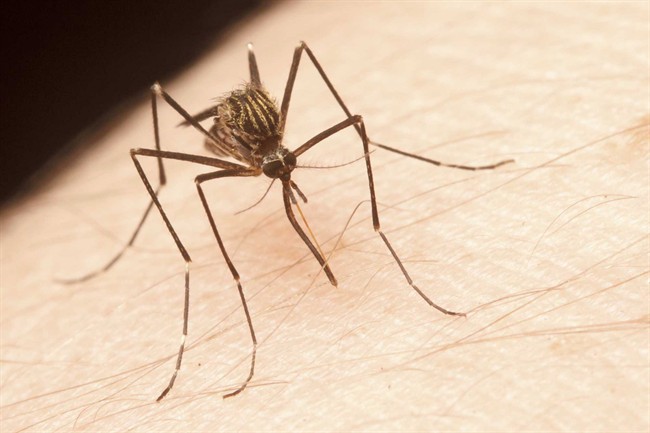Officials in Brazil are issuing a dramatic warning to women in the northern region of the country: don’t get pregnant.

A virus spread by mosquitoes has been linked by Brazilian officials to 2,400 recent cases of the birth defect microcephaly, CNN reports.
In late November, the country’s Ministry of Health confirmed the link between the Zika virus and microcephaly. Officials urged women to think carefully about conceiving, cautioning it may not be the best time to do so, according to the Medical Daily.
Microcephaly is a rare neurological condition in which a baby’s head is significantly smaller than that of other children of the same age and size, which is usually the result of the brain developing abnormally in the womb or not growing at the normal rate after birth.
This can lead to developmental issues needing speech and other therapies. There is no cure.
WATCH: ‘Miracle baby’ born without most of his skull celebrates 1st birthday
Brazilian officials say microcephaly cases are being monitored, and say initial analysis has found the risk is associated with the first three months of pregnancy.
A state of emergency has been declared in the state of Pernambuco, where 920 cases have been reported. Surrounding northern regions are also reporting high numbers of cases.
University of Glasgow researchers working to combat the “growing rapid global spread” of the Zika virus, linked to microcephaly, caution that Brazil’s status as a popular tourist destination could lead to the virus being carried to other parts of the world such as Europe and North America.
“In quite a short space of time, the virus moved from one side of the globe to another and is now infecting tens of thousands of people,” researcher Dr. Alain Kohl said.
“This is the type of of situation when virologists become wary.”
First identified in Uganda in 1947, in the decades following the virus was found in Southeast Asia, and by the 21st century had spread to the Pacific Islands, reaching South America around 2014.
“Doctors believe it was imported to Brazil either during 2014’s World Cup or, more likely, during a canoeing event held in Brazil that involved Pacific islanders.”
Rio de Janeiro is set to host the Olympics in 2016.
Canada has had at least one brush with the Zika virus; in 2013 an Alberta woman tested positive for the virus after returning from a trip to Thailand.
The woman cited symptoms of fever, nausea, vomiting, fatigue and blisters in her mouth. She ended up in hospital after she developed backaches and a rash on her extremities. She later recovered.


Comments